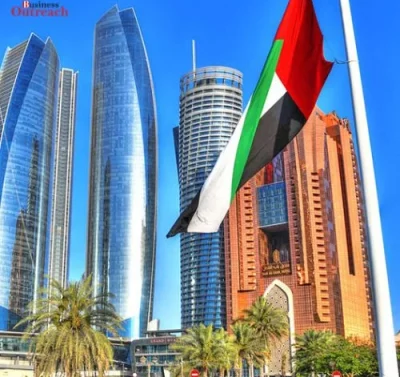New Delhi – Prime Minister Narendra Modi has finally addressed the swirl of controversy surrounding recent US claims of an Indian assassination plot, delivering a carefully crafted response emphasizing due process and rule of law.
In a rare interview with the Financial Times this week, PM Modi was asked to comment directly on explosive charges last month that accused a serving Indian official of orchestrating a plot to murder Sikh separatist leader Pannun in Canada.
While declining accusations against any citizens, Modi stated “If someone gives us any information, we would definitely look into it. If a citizen of ours has done anything good or bad, we are ready to look into it. Our commitment is to the rule of law. Security and counter-terrorism co-operation has been a key component of our partnership,” he added. “I don’t think it is appropriate to link a few incidents with diplomatic relations between the two countries” he says.
He acknowledged concerns over certain extremist groups operating abroad but defended India’s strong security cooperation with key partners like the US. Modi asserted bilateral ties had endured thanks to bipartisan support on both sides, with incidents insufficient to derail broader strategic relations.
Legal experts note Modi’s careful wording, committing to investigate any substantiated claims through lawful Indian channels rather than direct denial or confirmation of the allegations. His emphasis on rule of law aims to placate international observers without prejudging charges currently under Indian review.
Modi also highlighted multilateral cooperation complexities in an interdependent world where competing interests require compromise, not absolute agreement. This pragmatic view is key to India’s non-aligned foreign policy even amid challenges in relationships like this recent diplomatic row.
However, critics argue Modi could have gone further in reassuring concerned allies. His statements fail to directly condemn assassination as illegal or rule out official involvement in any capacity. This leaves the door open to residual suspicions that may continue to shadow strategic discussions.
Within India meanwhile, opposition figures questioned why a full impartial probe is not already underway given the seriousness of accusations involving state functionaries. Demands are growing for transparency around the scope and timeline of India’s planned investigation.
For Modi and India, following due judicial process while safeguarding national sovereignty seems the priority for now on this sensitive matter with potential legal ramifications. His timely response provides guidance to concerned parties domestically and globally. But some unanswered issues ensure this complex episode will continue to be closely watched in the weeks ahead.















